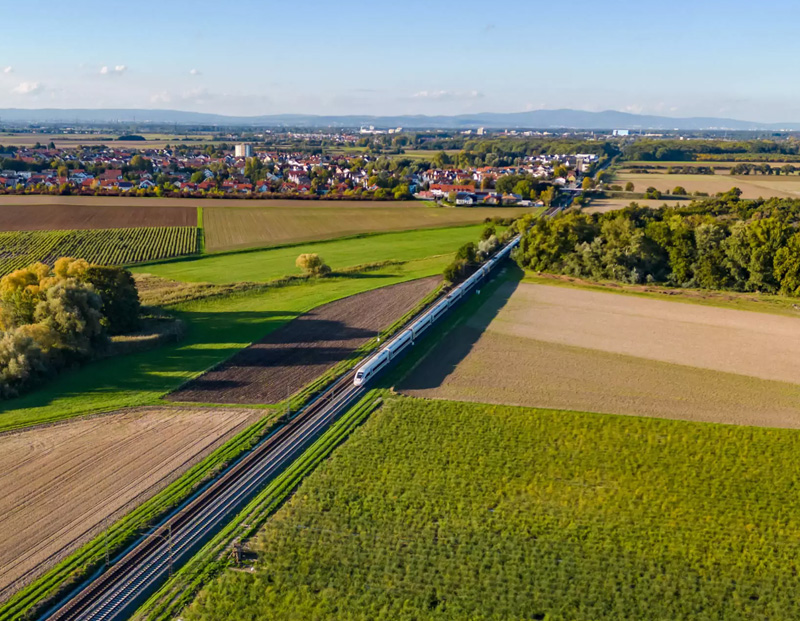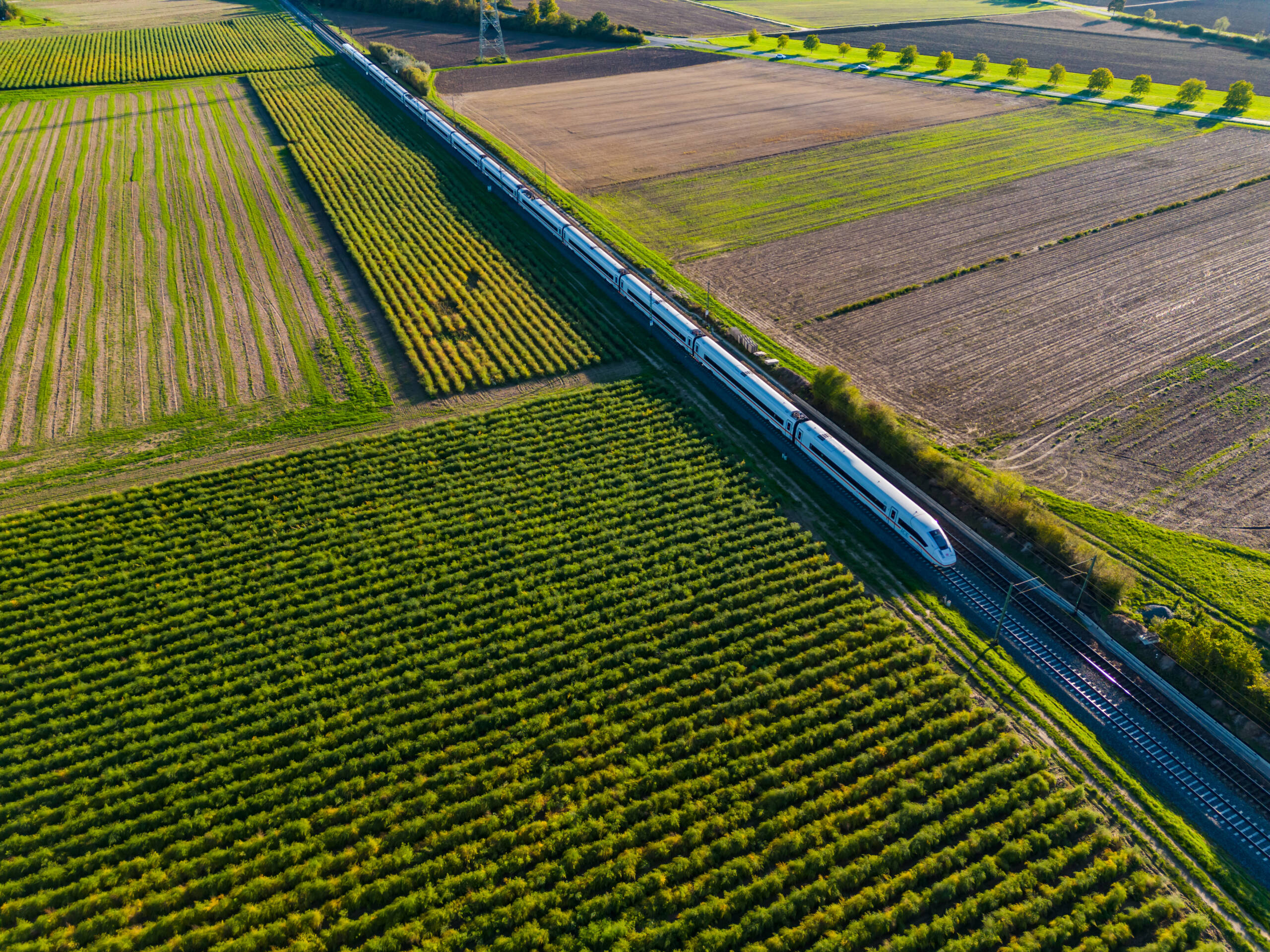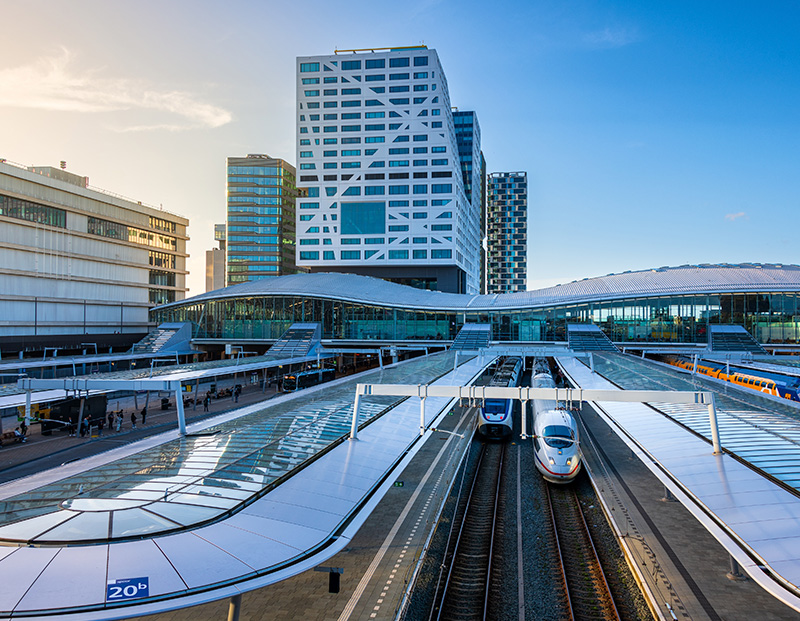Go back

Go back

Land management for modern needs.
Ayesa assists a diverse range of clients, including councils, government agencies, and developers, with land planning, acquisition, and development for vital transportation infrastructure projects, (such as roads, highways, bridges, railways, airports, metro systems, and parklands), as well as facilities like industrial sites, technology hubs, hospitals, and public services.
We facilitate the entire land management lifecycle – encompassing feasibility analysis, opportunity and constraint identification, investigations, land acquisition, conservation of special areas, legal administration, cadastral registry, local regulatory approvals, land regeneration and rehabilitation, environmental assessments, permitting, planning, stakeholder engagement, and construction and redevelopment. Ayesa will also manage the negotiation with landowners and secure appropriate market/sale value.
With deep expertise in public planning policies and regulations across all government levels, we adeptly manage the legal, technical, and environmental complexities of land management. Our team guides clients through the development process, optimizing land use and market positioning while considering the unique social, economic, and financial impacts of each project.





Ayesa aims to ensure efficiency in land management and development by providing specialist advisory services to support the complex process of land for development.
Ayesa conducts thorough assessments, allocation, and regulation of land to meet social, economic, and environmental goals. We consider factors such as population growth, urbanization, infrastructure needs, and environmental conservation to mitigate conflicts and optimize resources.
This includes technical evidence research, legal documentation, zoning maps, environmental impact reports, public engagement and consultation, and developing best practice. We also produce non-statutory policy – strategies, community-driven plans, frameworks, design guidelines – that help to steer development delivery, address evolving challenges to complement statutory guidance.
Strategically placing hubs and transportation corridors in residential and development, can help reduce congestion, improving accessibility, and enhancing urban living. We can also integrate green infrastructure, such as urban green spaces and eco-friendly transportation corridors, and use advanced technologies like Intelligent Transportation Systems to optimize traffic flow and safety.
We can involve community stakeholders in decision-making processes to ensure investments benefit all segments of society and fulfil sustainable development goals (SDGs).
At Ayesa, we are committed to land planning and management practices that enhance and promote biodiversity while preserving local ecosystems.